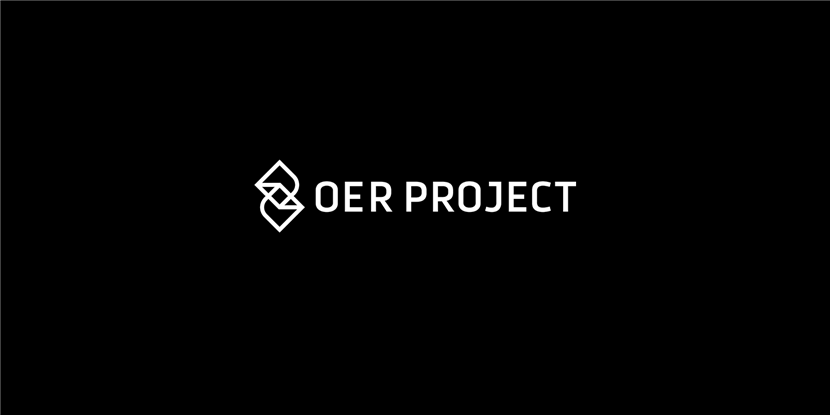By the OER Project Team
A central principle of the OER Project is the idea that history should be usable, should help orient us to the present and see what is possible in the future. Americans today—like all people who live in times of upheaval—are trying each in our own ways to make sense of the moment in which we live and to try to build a better future. To do so, we must look to our nation’s past. The United States was born of democratic ideals. But embedded in our origins were inequalities that still cause enormous suffering today. The death of George Floyd and the protests that have followed remind us that we cannot fulfill the promise of liberty without coming to grips with our nation’s long history of slavery, expropriation of indigenous people’s land, discrimination, and structural violence.
Our institutions, including our education system, struggle with the legacy of this history. Despite the best efforts of many educators, societal inequality can be exacerbated in the classroom. We’ve inherited norms of behavior and assessment, styles of teaching, and materials that create great disparities in student outcomes across races. Poverty and social discrimination outside the classroom contribute to these differences, but what happens inside the classroom has also historically limited students’ opportunities to learn and grow.
A booklist for these times
With that in mind, we have prepared a list of books that we are sharing and reading within our organization and among our board members and teachers. These are books that inform our work as educators. Some of these books can help us understand the ways in which subjugation and discrimination against the black community have been central to the American project, and how this community has constantly and unremittingly fought the oppression they have suffered. Others focus on the ways these inequities shape contemporary society, especially the classroom, and propose strategies for shaping a more just future.
- Beverly Tatum, Why Are All the Black Kids Sitting Together in the Cafeteria?
- Ibram X. Kendi, How to be an Anti-Racist
- James Baldwin, The Fire Next Time
- Michelle Alexander, The New Jim Crow: Mass Incarceration in the Age of Colorblindness
- Bryan Stevenson, Just Mercy: A Story of Justice and Redemption
- Robin DiAngelo, White Fragility: Why It’s So Hard for White People to Talk about Racism
- Keisha N. Blain, Set the World on Fire: Black Nationalist Women and the Global Struggle for Freedom
- Ta-Nehisi Coates, We Were Eight Years in Power: An American Tragedy
- Aimé Césaire, Discourse on Colonialism
- Ngũgĩ wa Thiong'o,Decolonizing the Mind
Classroom practice
These books, deeply rooted in history, situate what we are seeing today, and suggest ways to transform our society. They can help us support teachers through materials and practices that promote such transformation. They can help us develop evidence-informed pedagogy and high-quality curriculum that will stimulate students’ curiosity about how their history is part of the history of this country and our world. They can help us develop practices that amplify the voices of students of color, who often feel they are neither seen nor represented. They affirm the importance of developing and upholding high, relevant standards of learning for all students. Most of all, they remind us of the importance of equipping students with the opportunity, tools, methods, and evidence to question the narratives about themselves and our society they are given every day, and to reach conclusions that are meaningful, just, and self-sustaining.
We are inspired by the students who are, once again, leading the struggle for change. Our partners are the teachers who support these students in their learning and, so often, their social and emotional health. Together, we believe we can use our understanding of the past to help shape a better future.
 For full access to all OER Project resources AND our amazing teacher community,
For full access to all OER Project resources AND our amazing teacher community, 
-

Gray Goodman
-
Cancel
-
Up
0
Down
-
-
Reply
-
More
-
Cancel
-

Kathy Hays
in reply to Gray Goodman
-
Cancel
-
Up
0
Down
-
-
Reply
-
More
-
Cancel
Comment-

Kathy Hays
in reply to Gray Goodman
-
Cancel
-
Up
0
Down
-
-
Reply
-
More
-
Cancel
Children